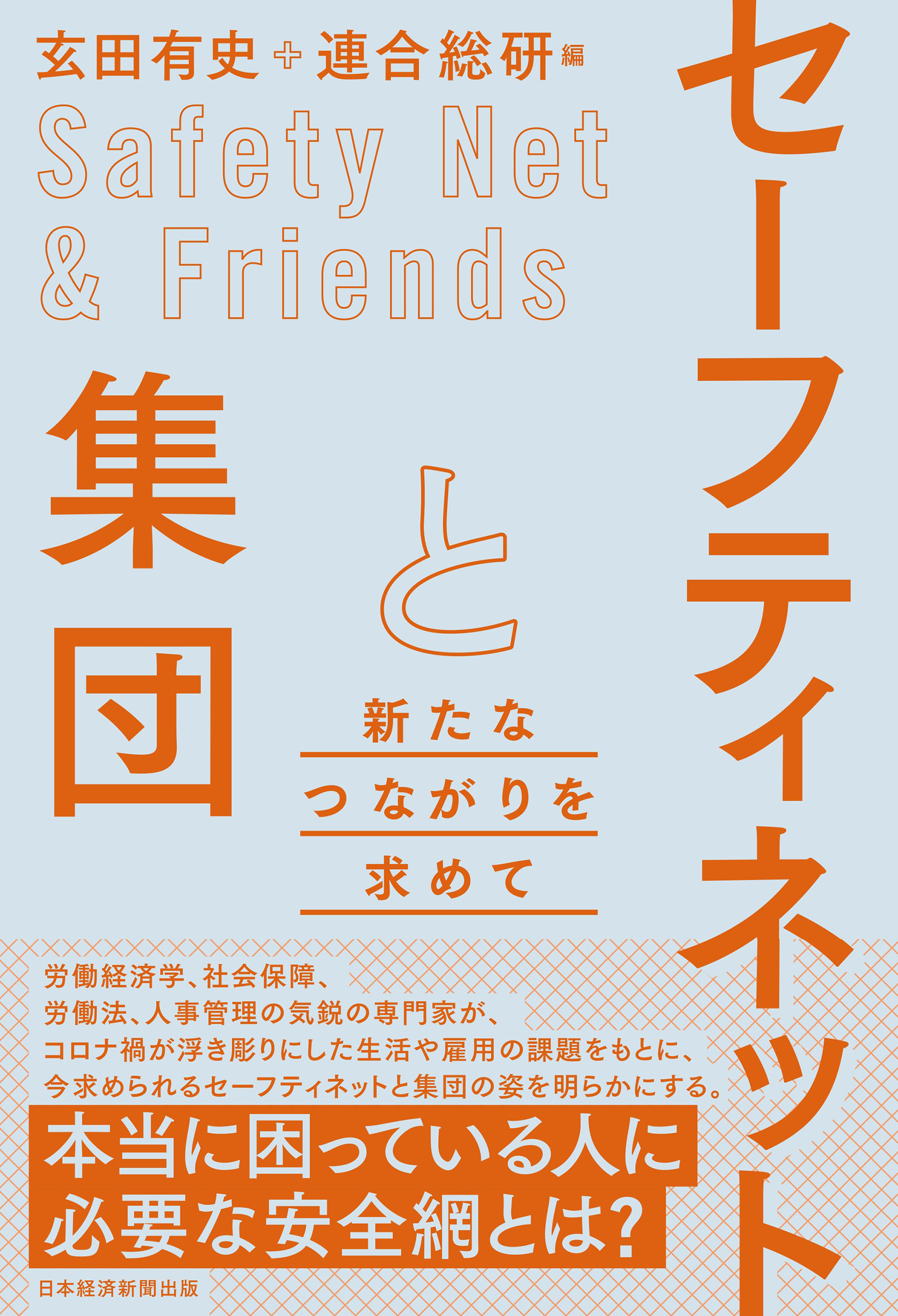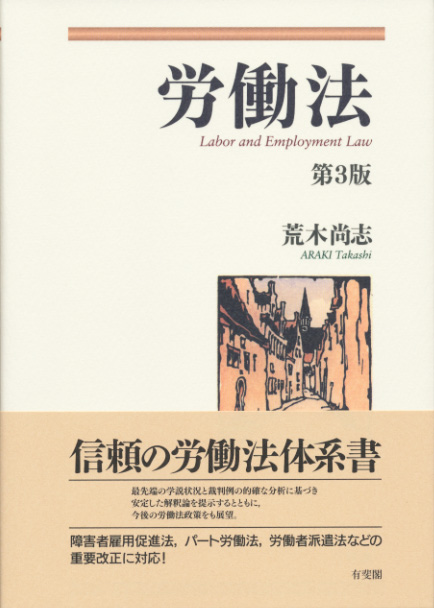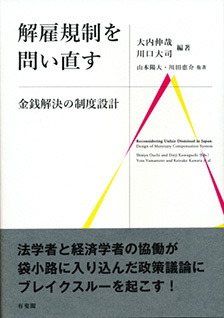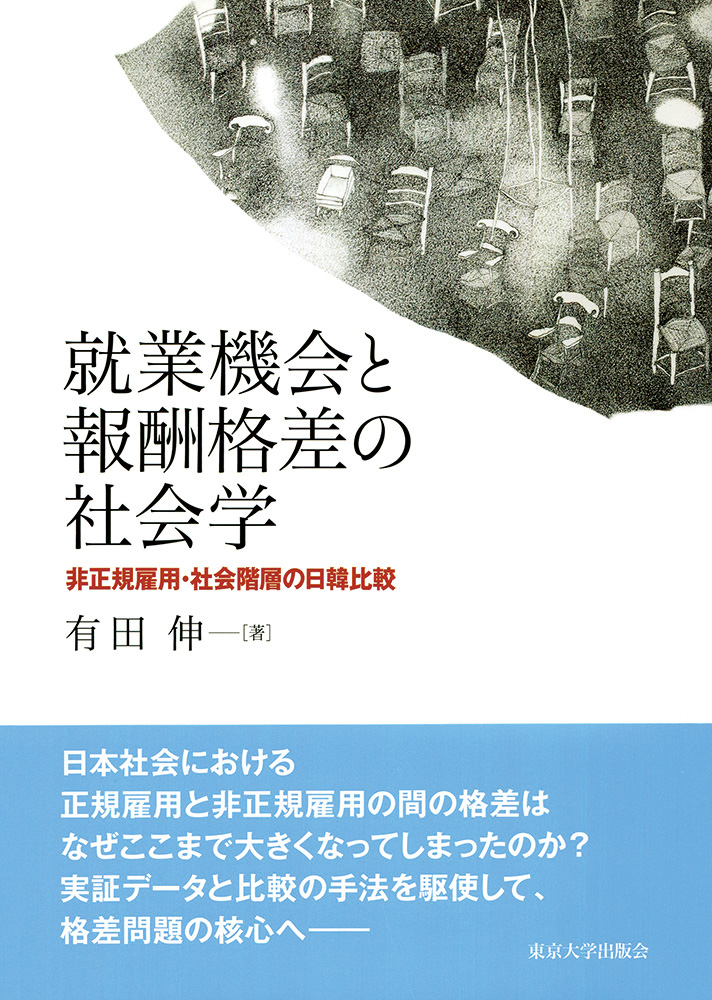
Title
Koyō ha Keiyaku (Employment is a Contract - How to work without succumbing to the atmosphere)
Size
256 pages, 127x188mm
Language
Japanese
Released
March 13, 2018
ISBN
978-4-480-01665-2
Published by
Chikuma Shobo
Book Info
See Book Availability at Library
Japanese Page
Where people work, there occurs trouble of various kinds on a daily basis. In a workplace where employees chronically work long hours, typical responses we get when we ask for reasons are: “The atmosphere at the workplace is such that I cannot let myself leave while everyone else is still working” and “I have no choice but to work long hours because others are doing the same.” However, basic terms and conditions of employment such as working hours essentially should not be influenced by the atmosphere or having no other choice.
Working in accordance with the “contract,” which is supposed to have been made at the time of determining the employment relationship, should take priority over everything else. Harmony and cooperation in the workplace are surely important but keeping to the terms and conditions as promised in the contract is prerequisite for that. Making employees work beyond what is agreed in their contracts without consensus is nothing but an act of forcing them to work by disregarding the will of those individuals.
This book looks anew at what is happening to the working community in reality by returning to the basic concept that employment is a contract. Among various employment terms and conditions, contract duration is the central focus of the discussion in this book. Employment contracts can be broadly classified into two types, namely, indefinite-term contracts (including those covering the period until reaching the age of mandatory retirement) that do not specify the duration of employment and fixed-term contracts that specify the duration of employment. In addition, each type can be further classified into those for employees working a regular number of hours as specified by respective workplaces and those for employees working less than the regular number of hours. In talking about employment practices, we have tended to see our society as being split into two cohorts of workers, i.e., the so-called “regular employees” who are on indefinite-term contracts and work regular hours and “non-regular employees” such as part-timers working shorter than regular hours on fixed-term contracts, and many arguments have been made on that basis.
However, readers of this book will find that actual employment practices in our society are far more diversified. Those working full-time on fixed-term contracts for limited-time projects and those who are on permanent contracts but working shorter-than regular hours because of serious labor shortages are not rare. What we see in those people is a mix of elements of regular and non-regular workers.
In addition, the book points out a hitherto overlooked serious fact concerning employment practices: there exist a considerable number of people working without knowing the duration of their contract. While those workers include both regular and non-regular employees, the book reveals, with data, that non-regular employees contracted for an unknown period of time are placed in a particularly difficult situation in terms of wages, job security, training opportunity, and so forth.
The book also explores in which direction we should go in terms of employment practices if we are to realize a society where everyone can have a satisfactory working life. It shows that from now on, we can open the way for a flexible and stable working life by combining a contract period and work hours as appropriate for the circumstance, without getting overly fixated on the question of whether the position is regular or non-regular. In addition, the book proposes that the kind of society we should be striving for is one in which the number of people in unstable and low-wage jobs—such as those working short hours on fixed-term contracts and those contracted for an unknown period of time—is kept to the minimum.
(Written by GENDA Yuji, Professor, Institute of Social Science / 2018)



 Find a book
Find a book










